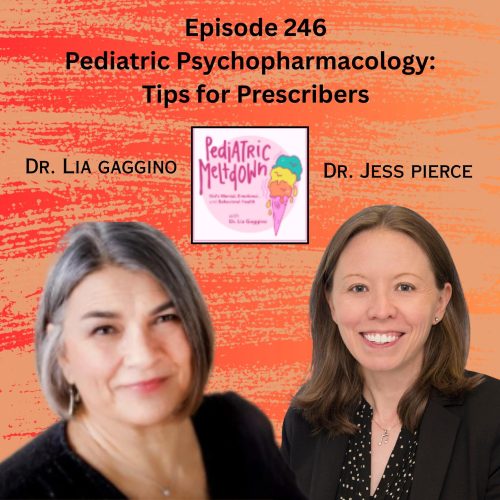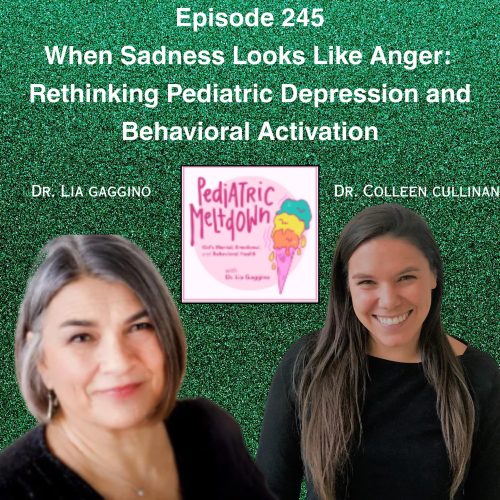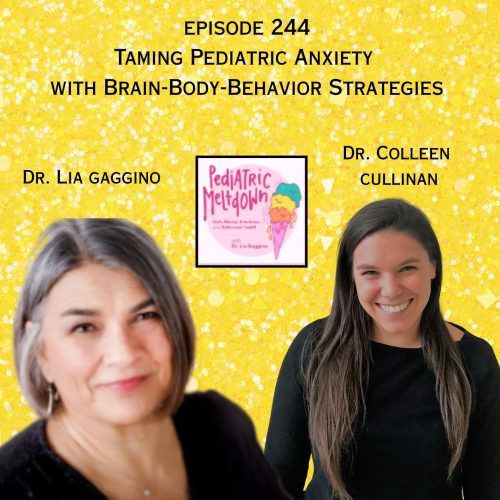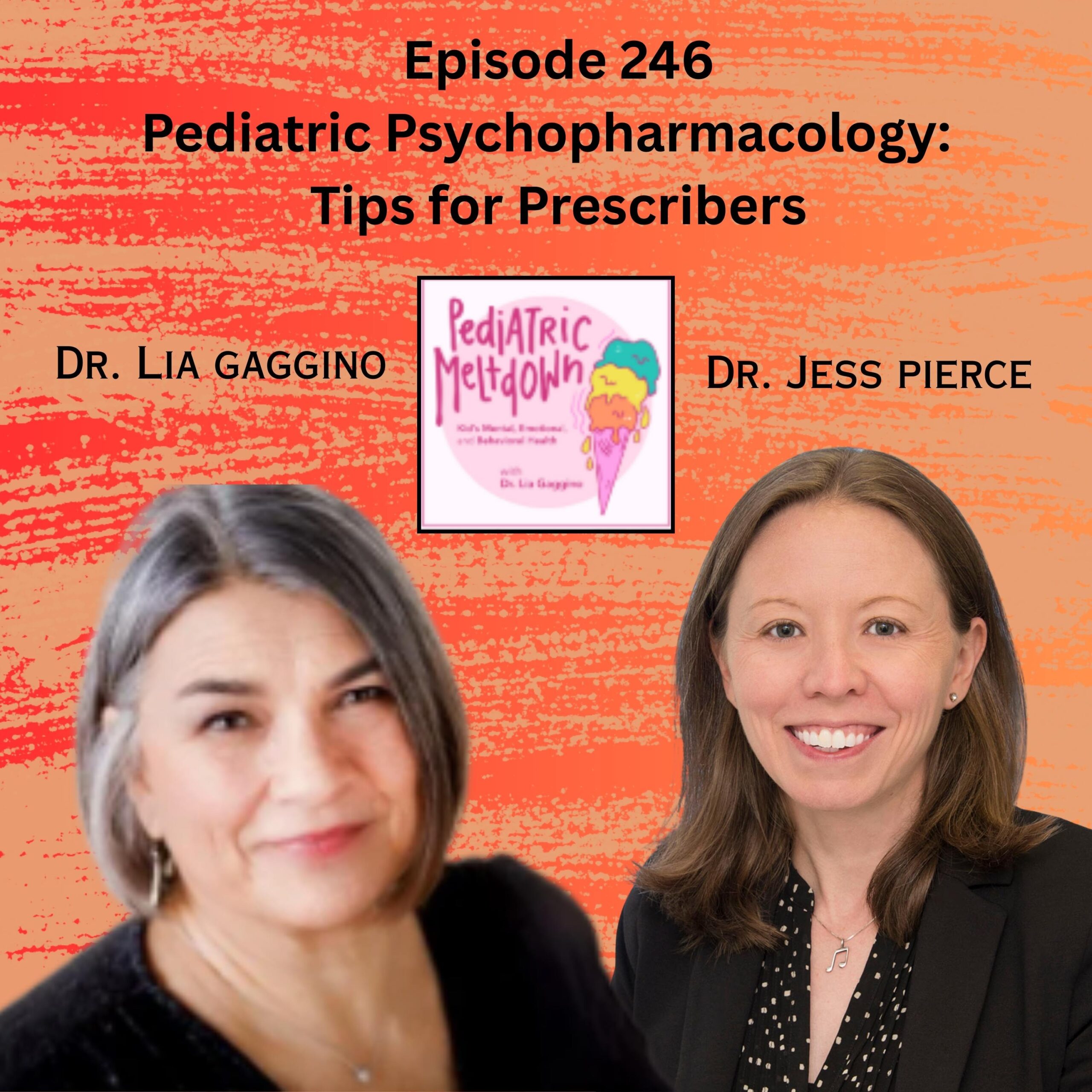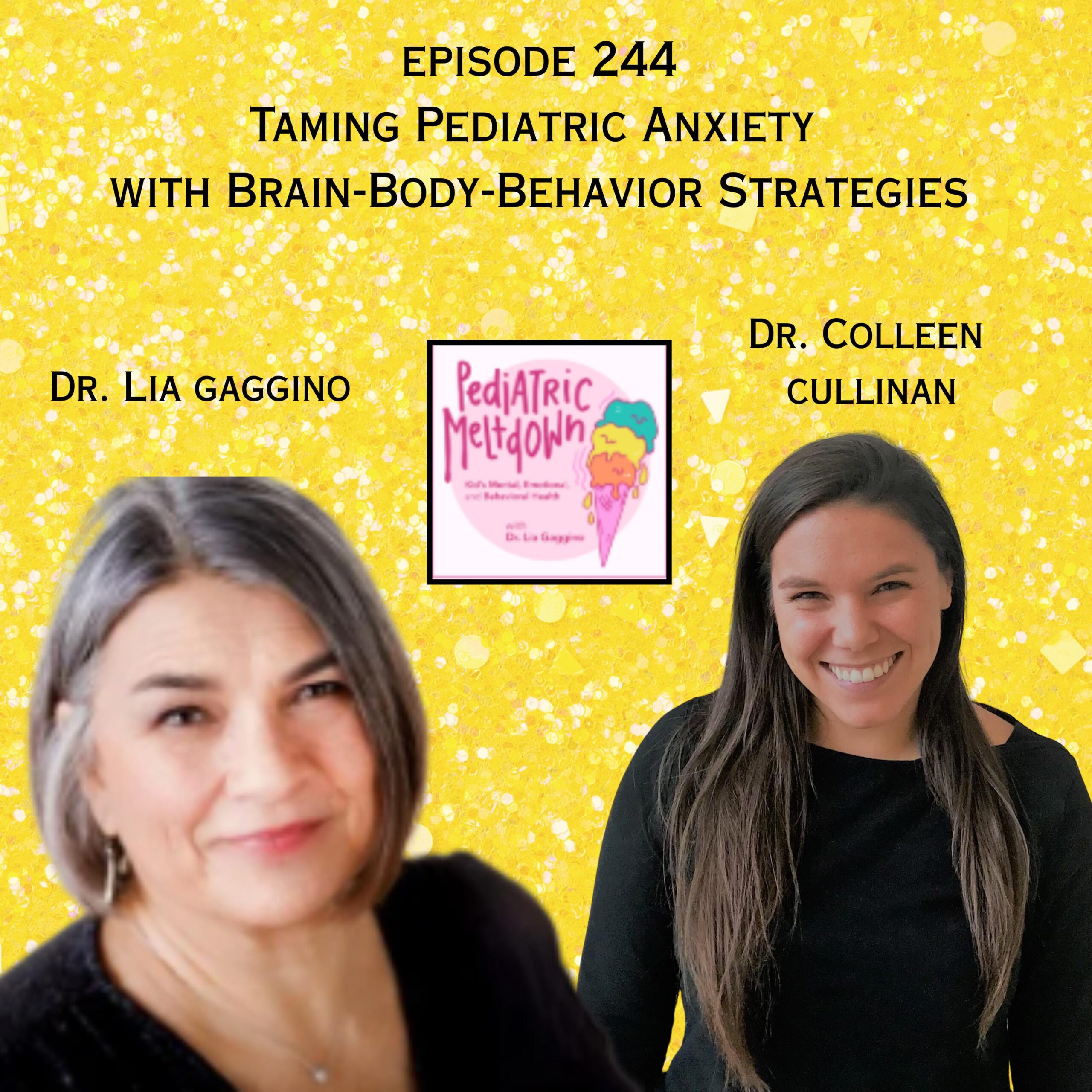Dr. Scott Grant is an academic primary care pediatrician and hospitalist working in Southeast Michigan. He completed his medical school in El Paso, TX, and was a pediatric resident and chief resident at Phoenix Children’s Hospital in Arizona.
His primary clinical interest is in behavioral health, especially the interaction of childhood adversity and trauma with developmental and behavioral outcomes. He recently took on a role as a District CATCH Facilitator with the AAP, which helps pediatricians engage with their communities more directly through grant-supported community partnerships.
[00:01] Opening Segment
- Dr. Scott Grant shares the story behind his pursuit of pediatrics as a career
- Here’s the part of pediatrics that Scott enjoys the most
[04:18] Tolerable vs. Toxic Stress: What’s the Difference?
- Scott learned about this TED Talk that changed how he looked at pediatrics
- Link below
- The difference between tolerable and toxic stress
- Scott explains
- Scott talks about the importance of safe, stable, and nurturing relationships with patients
- Scott shares the signs of a meaningful conversation with patients
[15:50] Relationship-building Tips For Pediatricians
- Pediatricians need to make families feel that they’re humans too
- Scott tells us why
- How to build trust and relationships with families
- Scott shares his experience working with fathers
[25:18] Emotional Regulation: What Is It?
- Scott tells us how he decided to produce the Docs2Dads Podcast
- Link below
- What we should know about emotional regulation
- How to replace bad habits among kids
- Disciplinary actions are now changing
[35:43] Work-Life Integration is the Way to Go
- Scott prefers work-life integration over work-life balance
- He tells why
- He wants to normalize saying good things to your spouses and children
- What are its benefits?
- Scott sends a message for his resident self
- Listen to his message!
[42:23] Closing Segment
- Final takeaways
- Awareness of adverse childhood experiences
- Nadine Burke Harris on TED Talk
- Toxic stress is unbuffered stress
- Adverse events can become tolerable if they are buffered by safe, stable, nurturing relationships
- How to connect with patients and their families
- How to regulate emotions
- Why listen to the Docs2Dads Podcast
- The role of dads in a patient’s life
- Why silence and pauses are important too within patient conversations
- Serving as emotional containers
- Work-life integration
Key Quotes:
“Sometimes, before families need a physician, they need just a human being that understands that they’re having the worst day of their life.” – Dr. Scott Grant
“You can’t replace bad habits with no habits. You have to replace bad habits with good habits.” – Dr. Scott Grant
Resources mentioned:
- Journal Article: Preventing Childhood Toxic Stress: Partnering With Families and Communities to Promote Relational Health
- Video: How childhood trauma affects health across a lifetime | Nadine Burke Harris
- Pediatric Meltdown Episode 56: Toxic Stress: Safe, Stable, Nurturing Relationships are the Antidote
Email [email protected] to connect with Scott or follow him on Instagram @docs2dadspod. Check out https://www.dmc.org/ to know more about his work.
Listen to Scott on Docs2Dads Podcast!
THANK YOU FOR YOUR SUPPORT!
Pediatric Meltdown was listed as a Top 20 Pediatric Podcast on FeedSpot.
If you’d like to connect with me, you can find me on LinkedIn, Facebook, Instagram, and Twitter or email me at [email protected] or [email protected]. To learn more about me visit https://www.medicalbhs.com/
LOVE WHAT YOU HEARD? Leave us a 5-star review so we can continue to provide you with great content. Share this episode and help people know more about children’s health and well-being.



